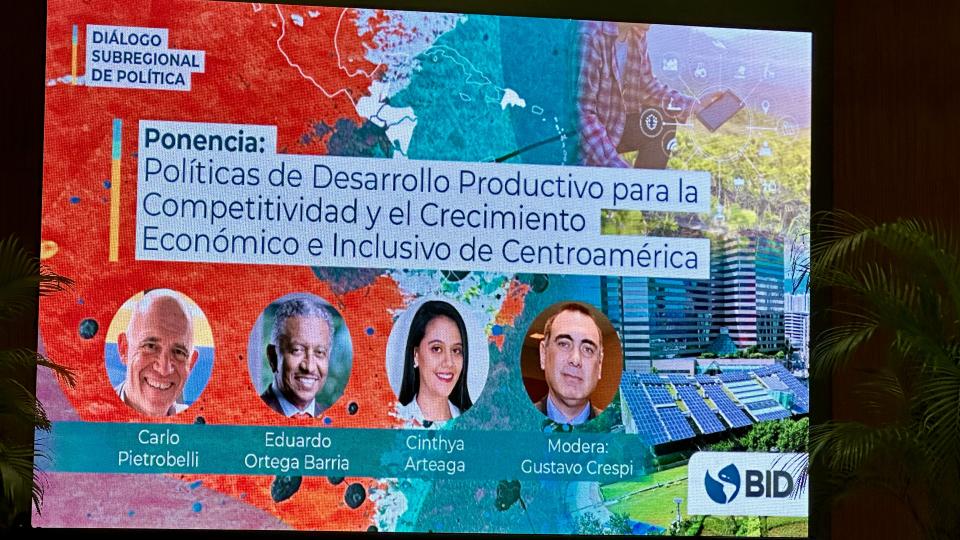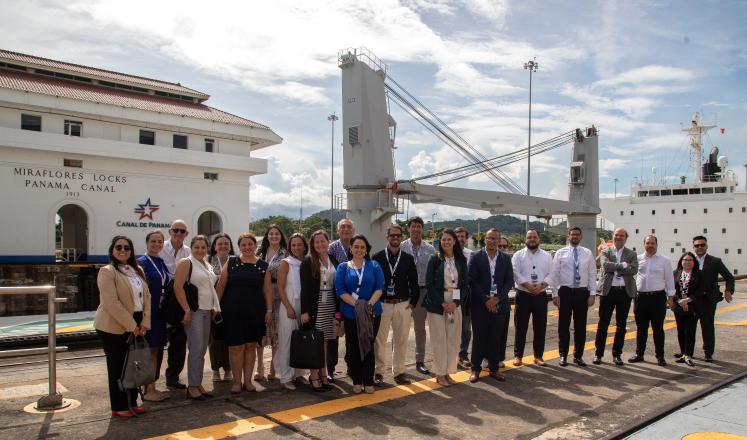Countries in Central America are often largely ignored by international media in the context of global economics discussions, since many of them have small populations and territories, and their economies are neither large nor highly diversified. Due to their vulnerability and heavy reliance on only a few sectors, they were hit hard by the COVID-19 pandemic, as well as the increasingly serious effects of climate change. However, Central American economies have managed to respond to both these setbacks and have achieved satisfactory levels of growth these past two years, especially Panama and Costa Rica (both of which have seen levels of economic growth that are higher than many other Latin American countries during the last decade).
Despite these recent positive results, the long-term progress of these countries has been limited and largely constrained by a very bleak productivity performance (see diagram below):
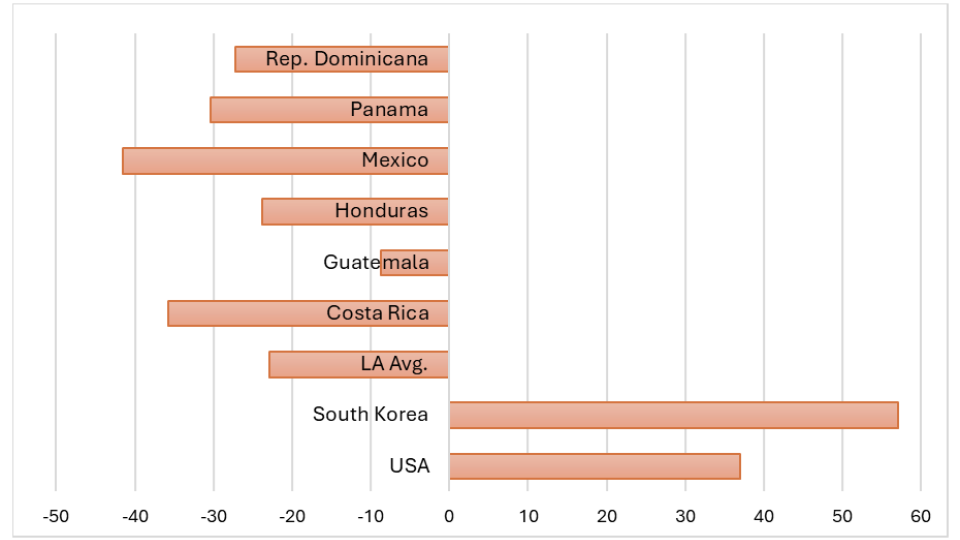
Source: ECLAC
How can we explain such dismal results? Clearly, economic policies have not played a useful role, and the governments of these countries are still experimenting and trying to find the most adequate response to long-term challenges. This is especially true for industrial and innovation policies, which in other emerging countries have fostered dynamic processes of growth.
To that end, government officials from the ministries of Panama, Dominican Republic, Costa Rica, Honduras, El Salvador and Guatemala (together with special guests from various institutes of the region and abroad) met in Panama City on 22 and 23 October 2024.
The main objective of this policy dialogue was to analyse how to promote innovation and business development through initiatives with a territorial focus, fostering collaboration among participating countries to continue promoting innovation, competitiveness and inclusive economic growth in Central America. The meeting was promoted by the Competitiveness, Technology and Innovation Division of the Inter-American Development Bank (IDB), and UNU-MERIT's UNESCO Chair contributed a background policy brief and a keynote presentation by Prof. Carlo Pietrobelli.
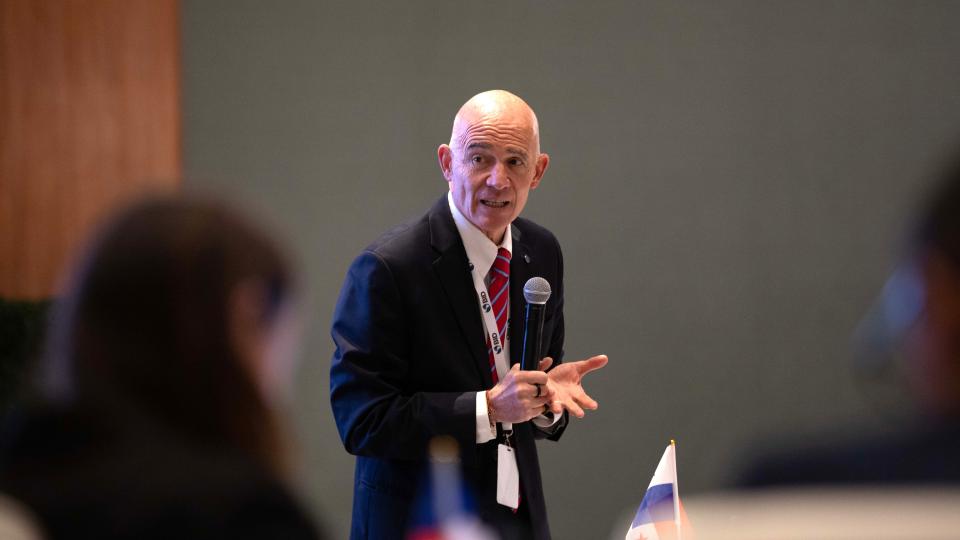
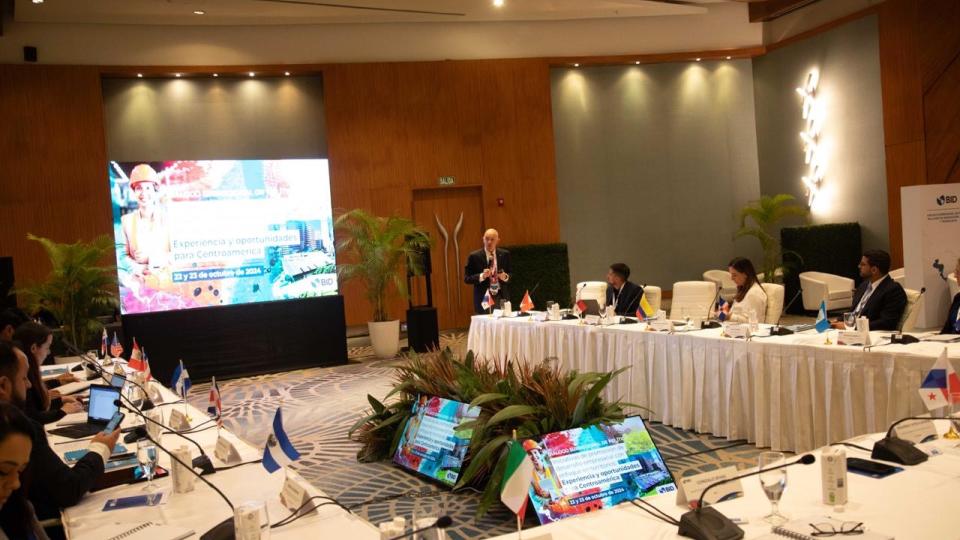
Eduardo Ortega Barría (Panama’s Minister for Science, Technology and Innovation) hosted the meeting and analysed the active role that innovation is playing in the development of his country. Thereafter, Gonzalo Rivas, Division Chief of the IDB, argued that there is still a strong need for productive development policies that promote competitiveness and inclusive growth in Central America.
In his keynote address, Pietrobelli explained that businesses need government – and government needs businesses – in the design and implementation of innovation policy. There are three key ingredients for industrial innovation policies: geography, capabilities and government-business coordination. First, promoting science and industrial parks, technology centres and business advice through public policies not only strengthens industrial growth, but can also transform territories into regions of innovation and global competitiveness. Industrial and science parks are not just tax-free zones, but offer agglomeration advantages that may be fostered by place-based innovation policies. Second, the building of enterprise-level capabilities is hampered by frequent failures and needs to be nurtured and promoted. Third, instead of focusing on what to do, we need to pay more attention to how policies can be designed and implemented. This requires regular, efficient interactions between government, business and knowledge institutions. Most notably, government policy capabilities need to grow stronger, and UNU-MERIT’s UNESCO Chair on Science, Technology and Innovation for Sustainable Development for Latin America is striving to contribute to this goal.
